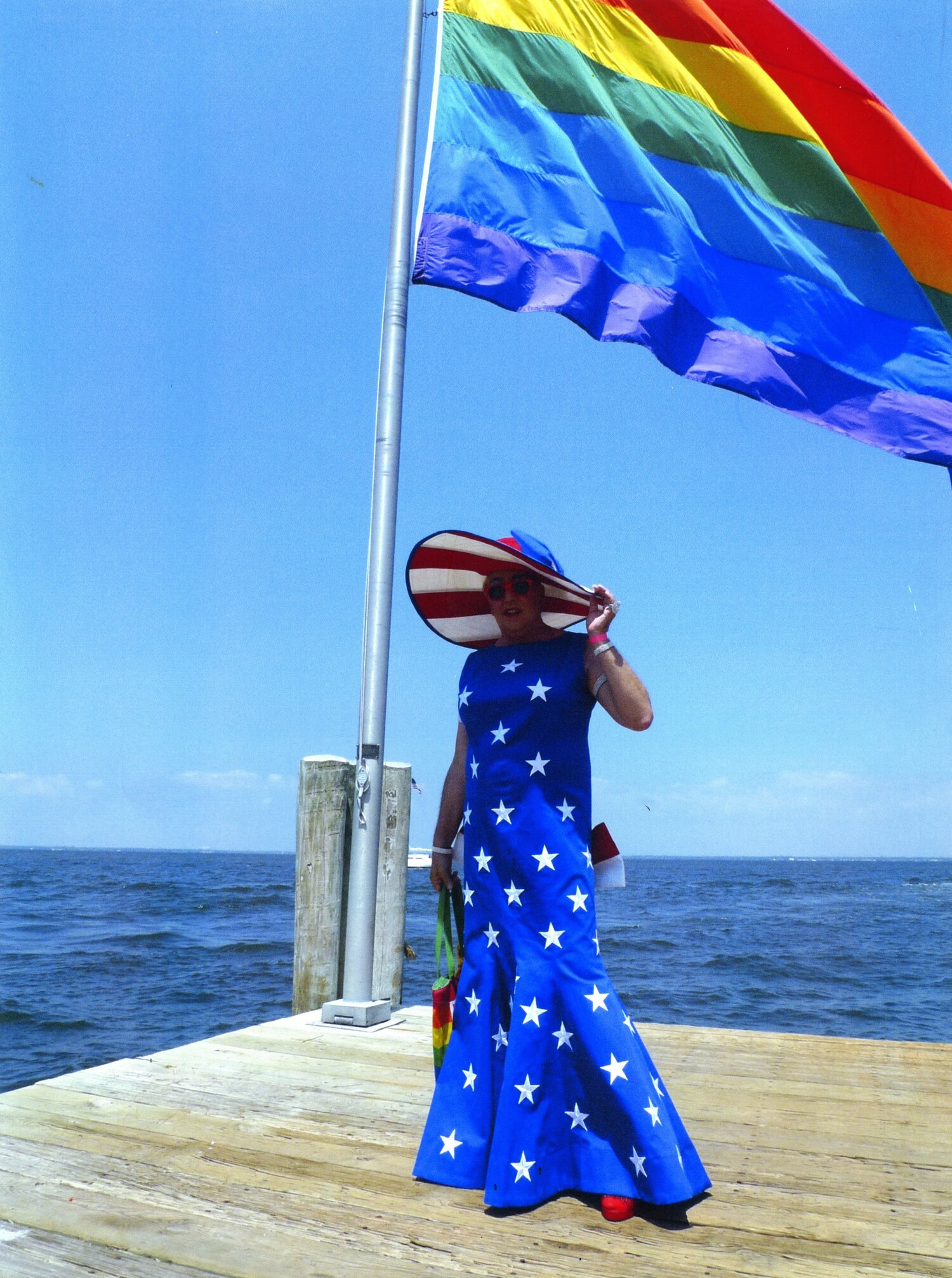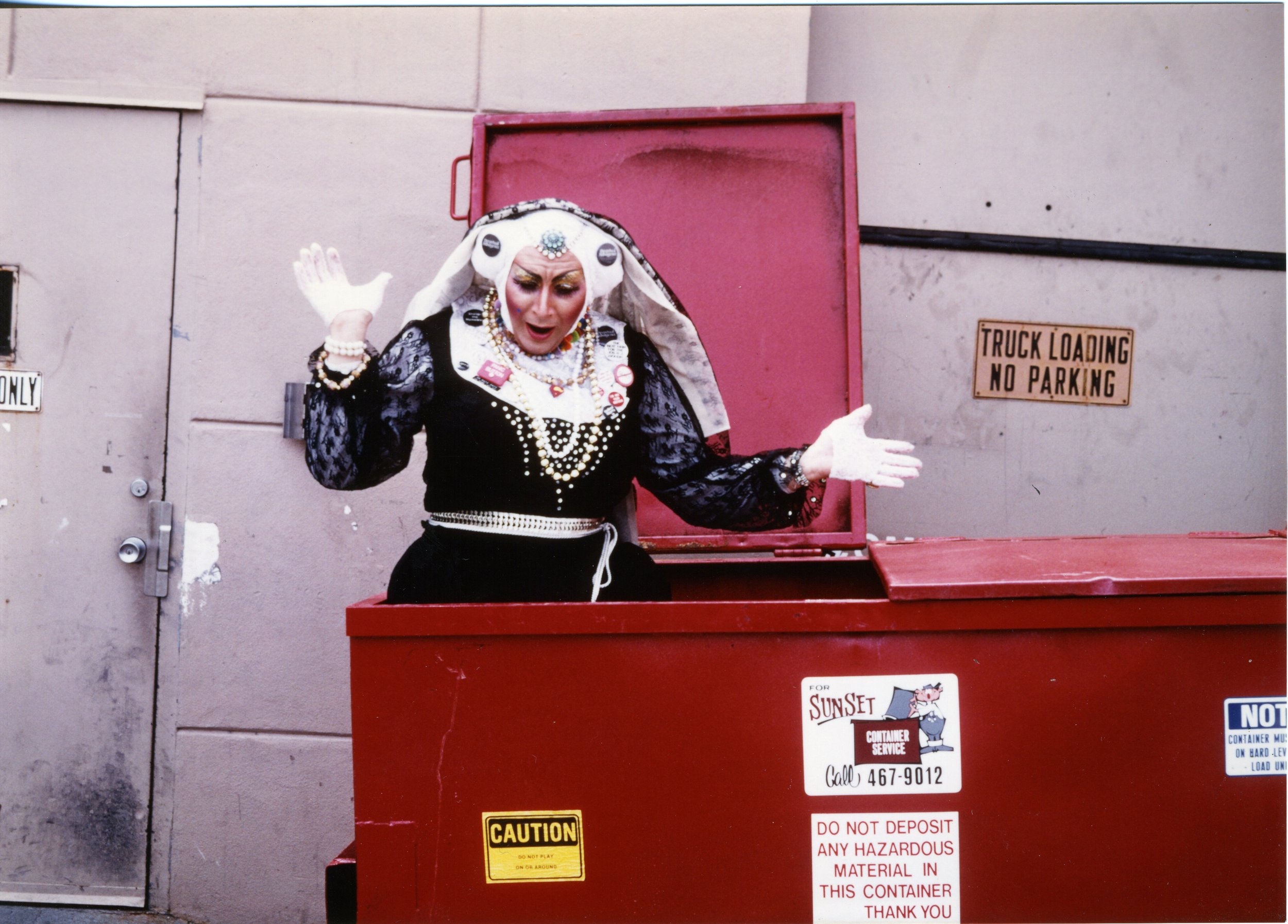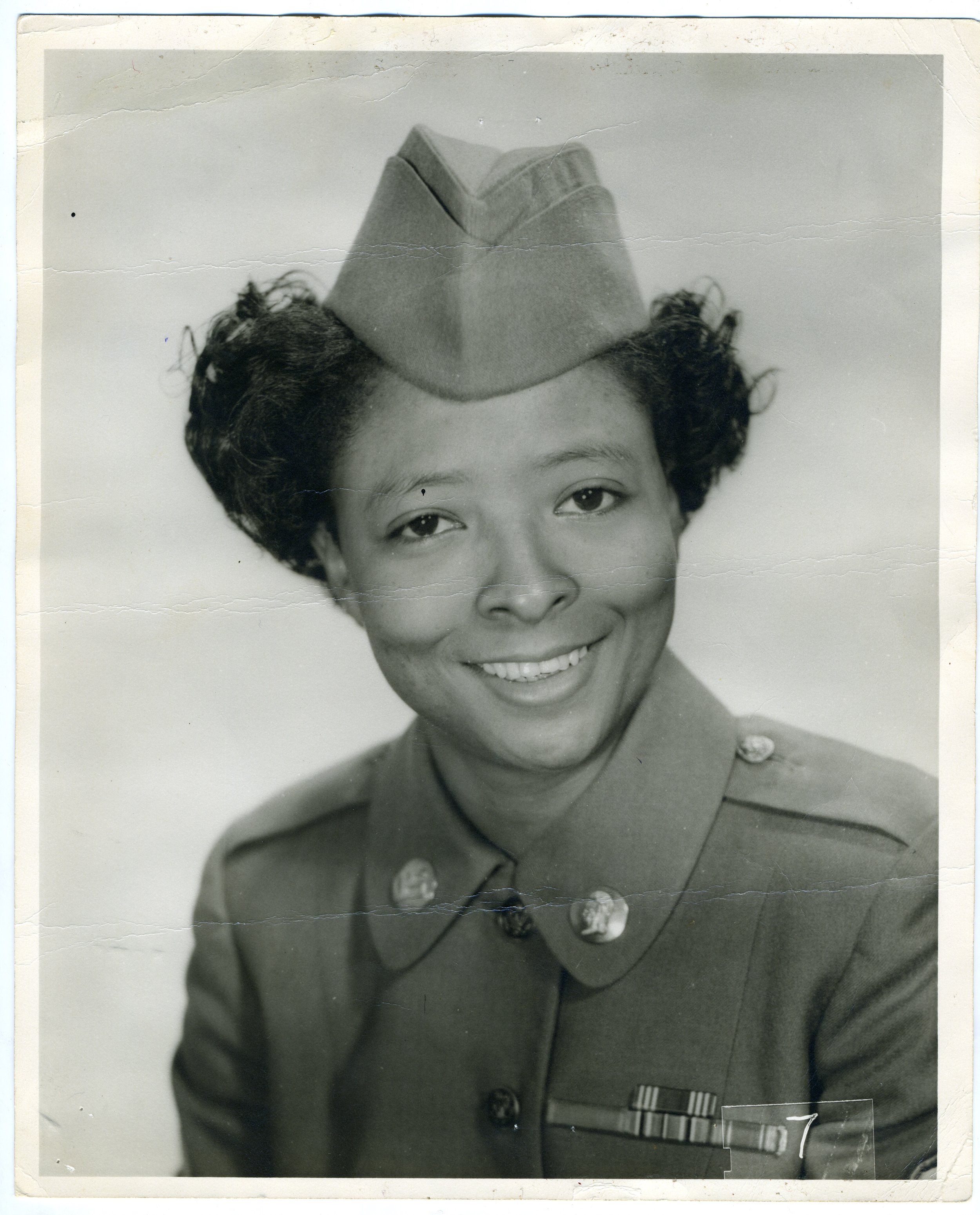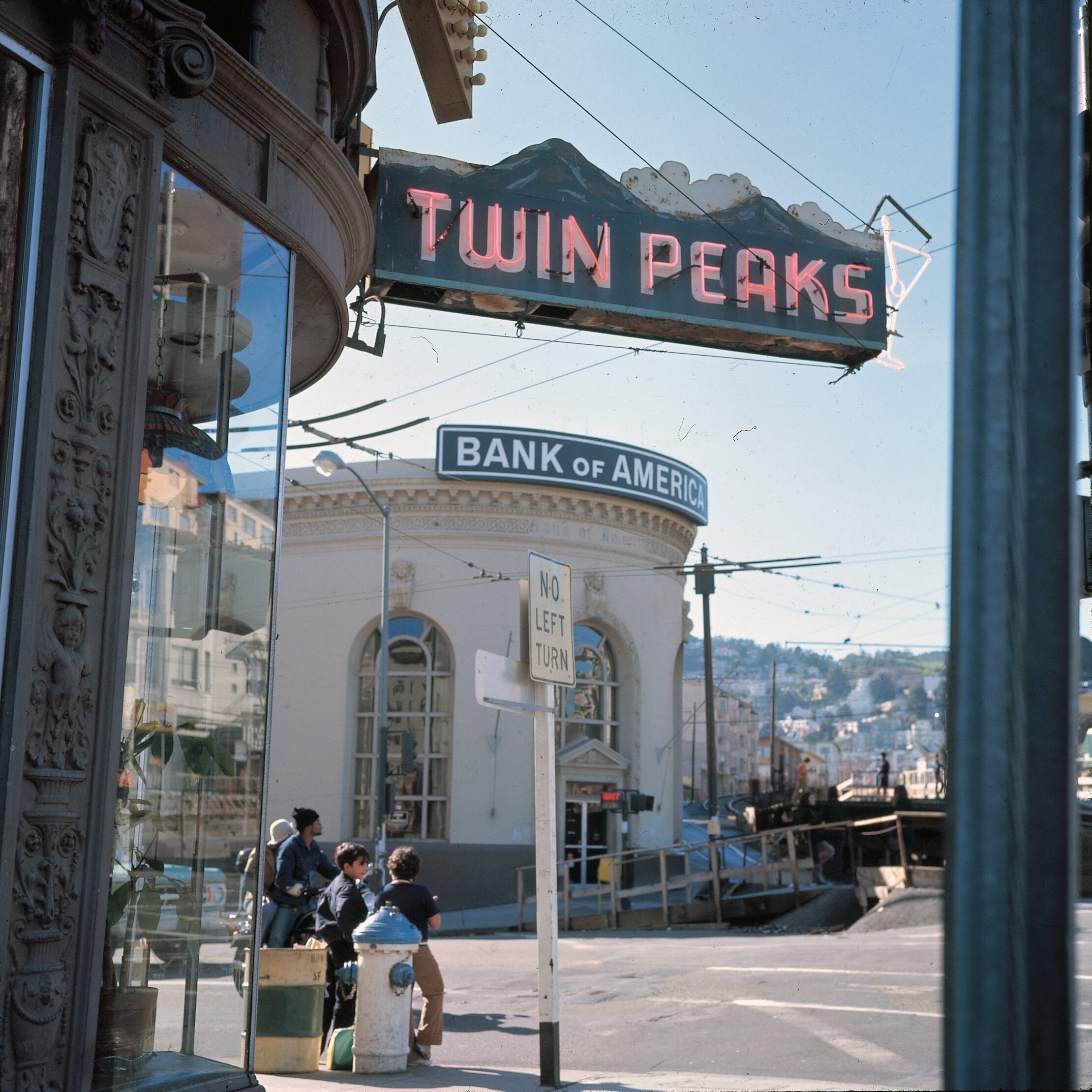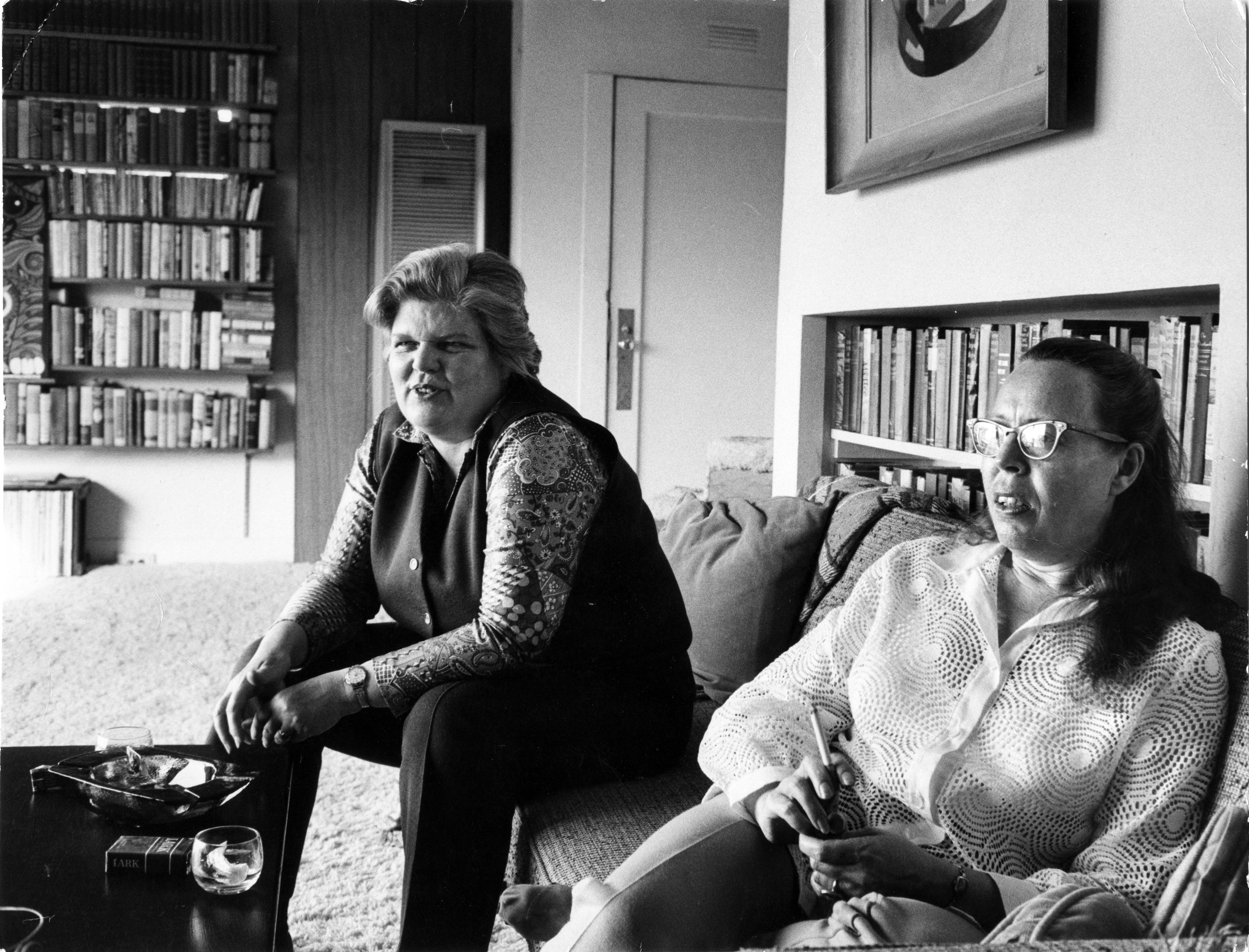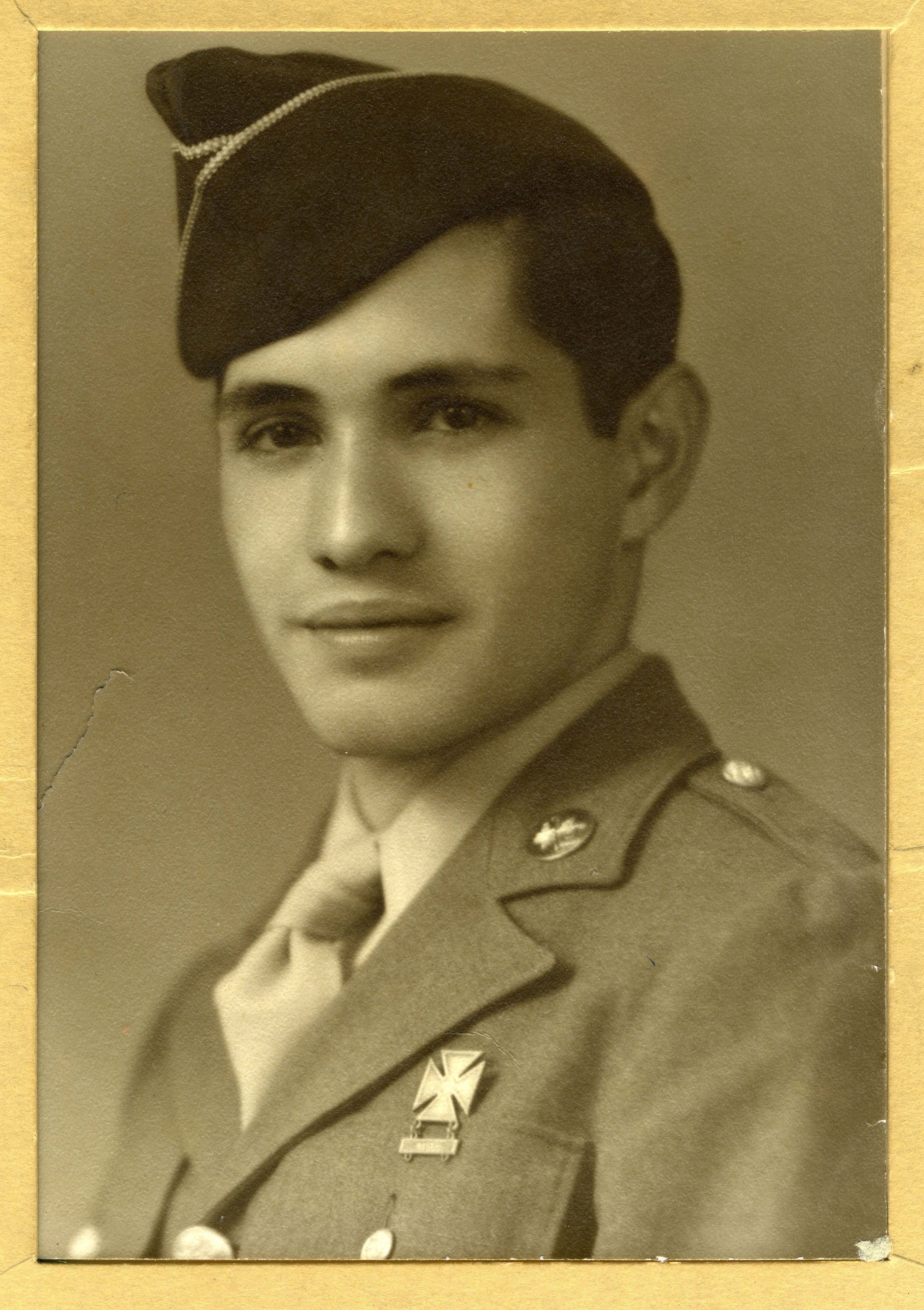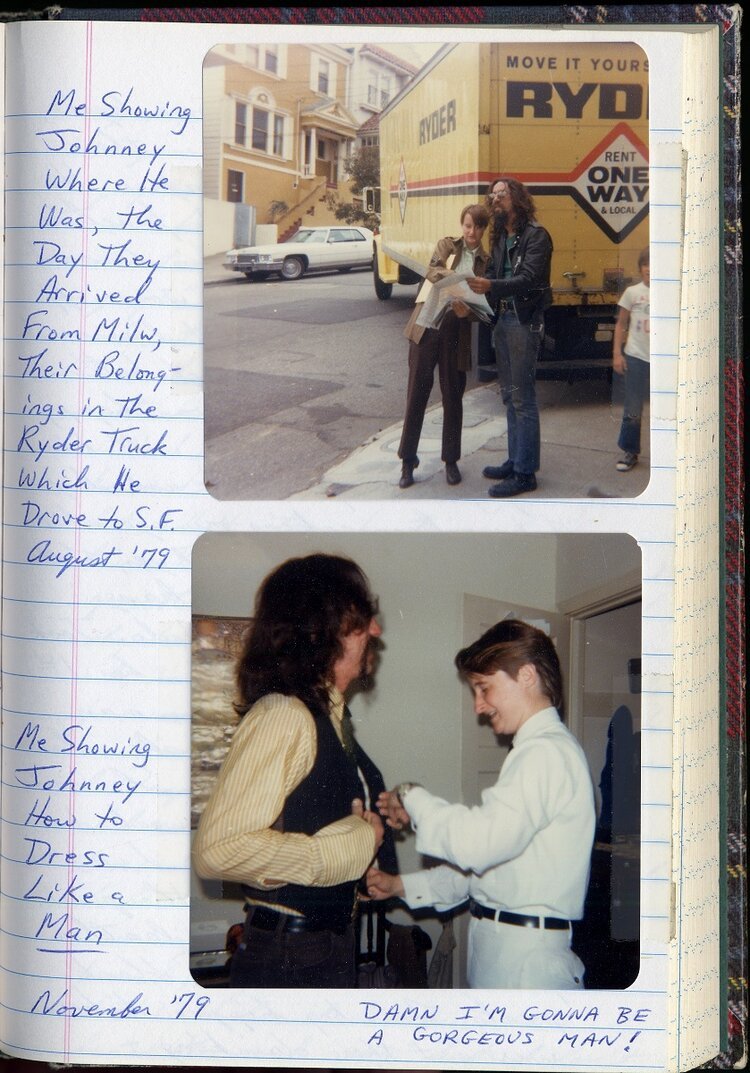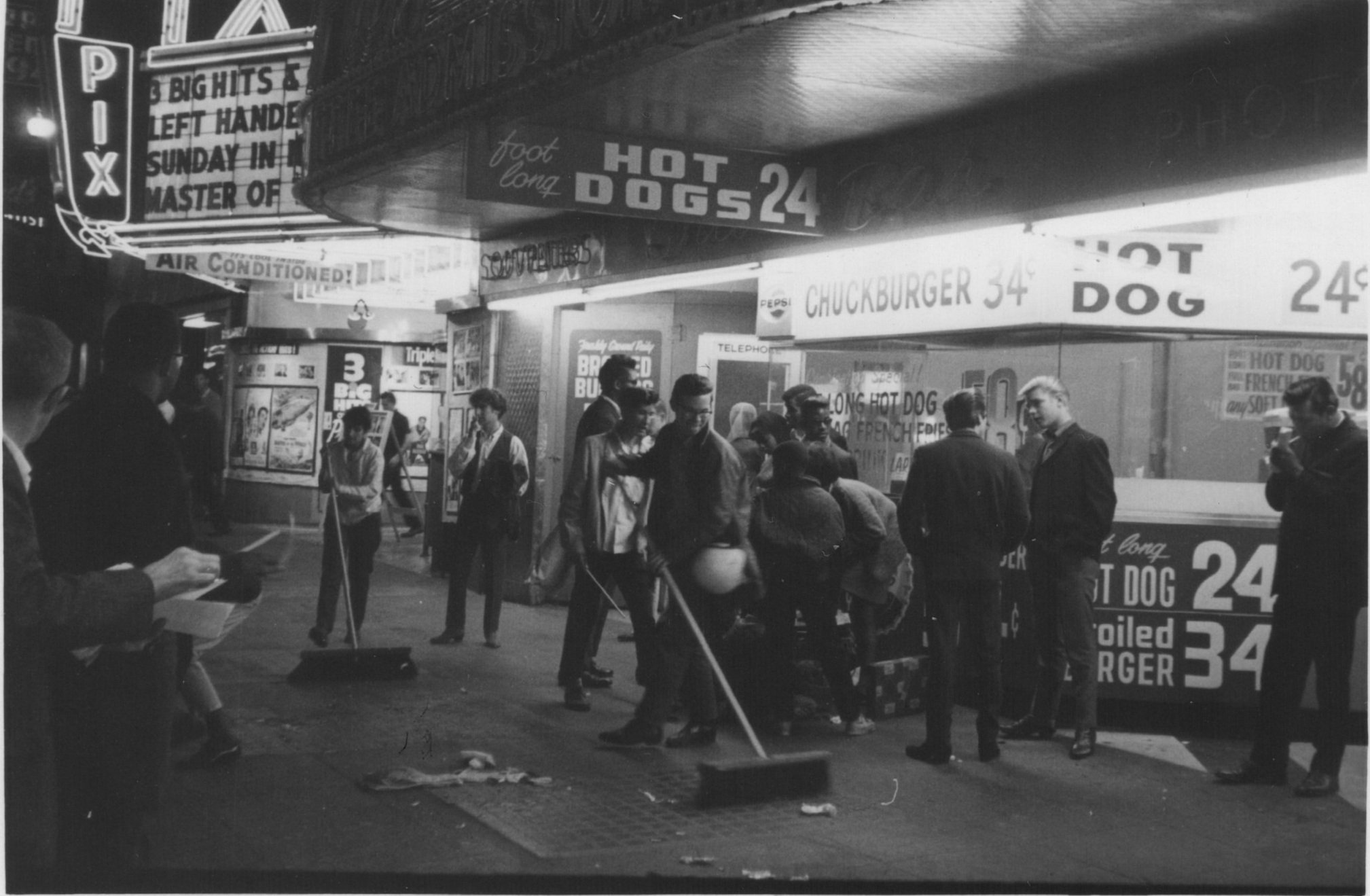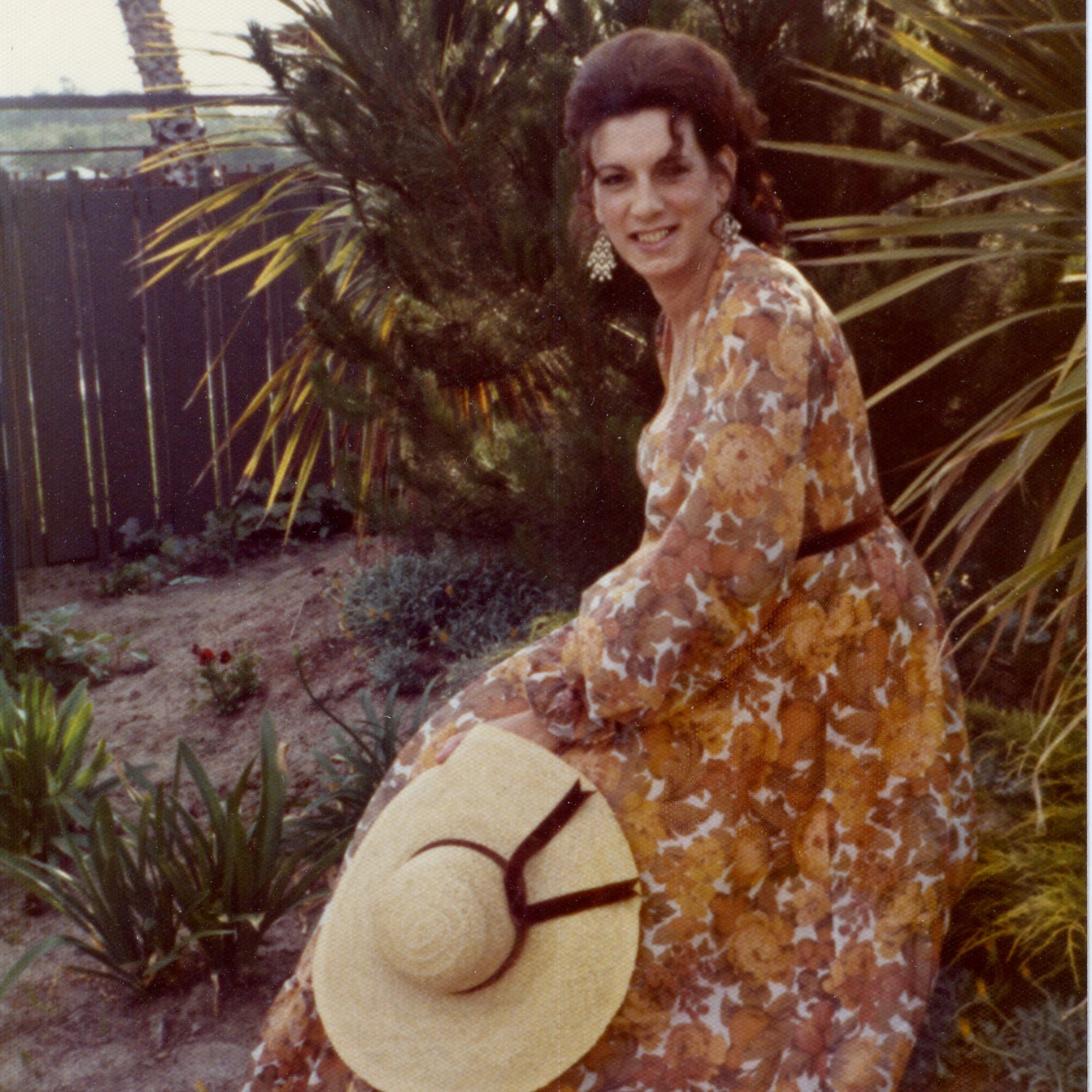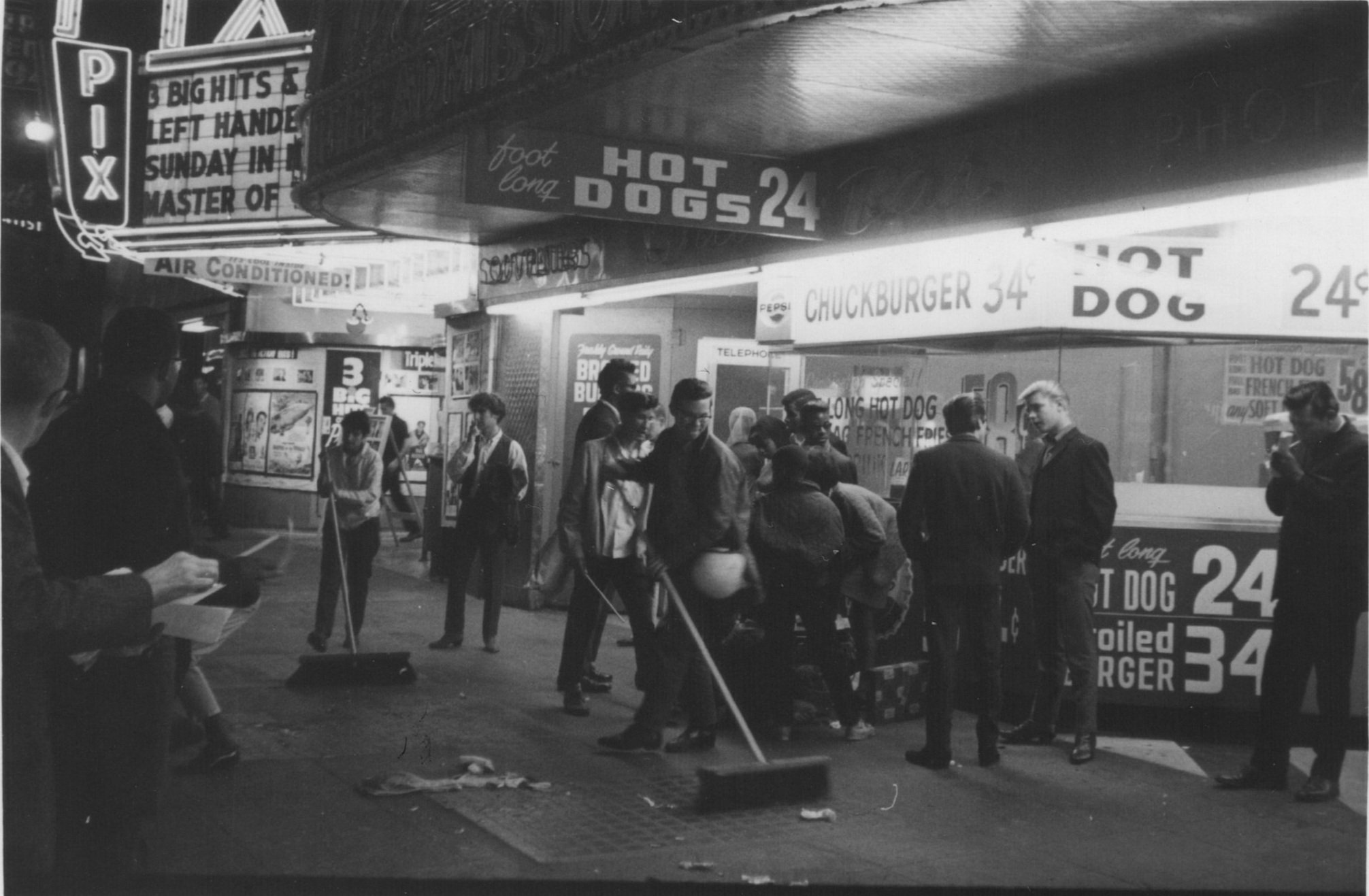Adopt an archival Collection
Adopt an archival collection by becoming a member of the GLBT Historical Society. Funds from the Society’s archival adoption program help us preserve and share more than 1,000 archival collections.
To see the collections currently eligible for adoption, scroll down on this page. You can also find more information about the various benefits of membership and the adoption program overall by exploring this page.

